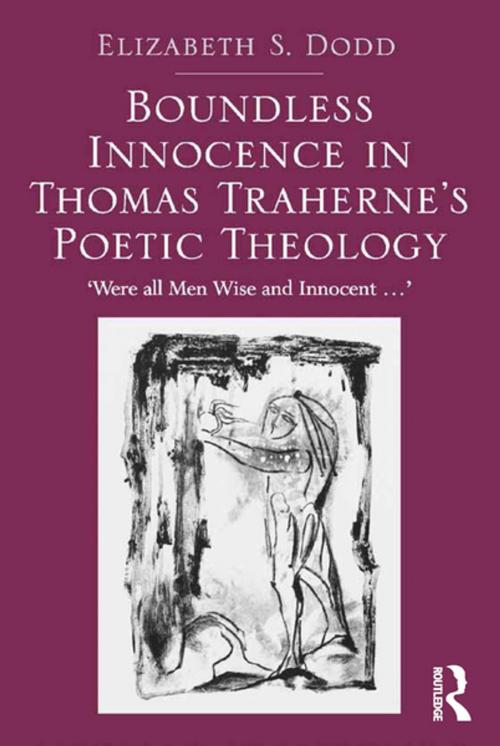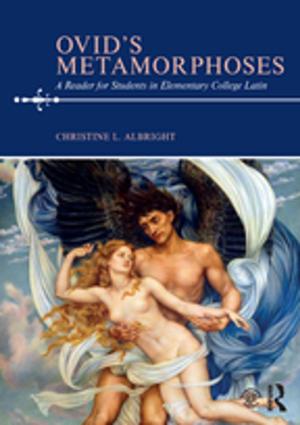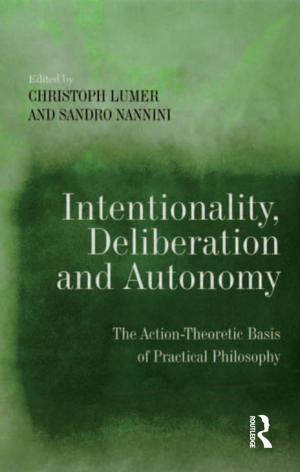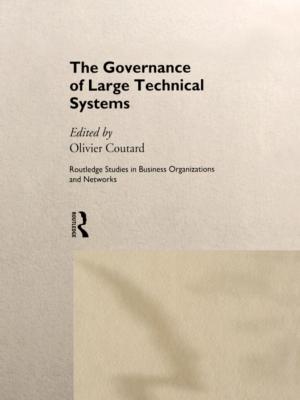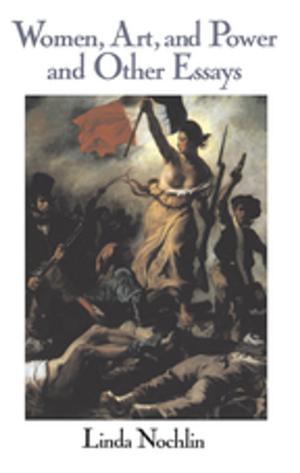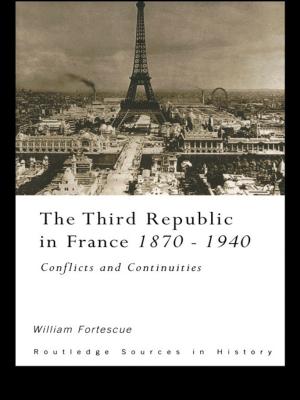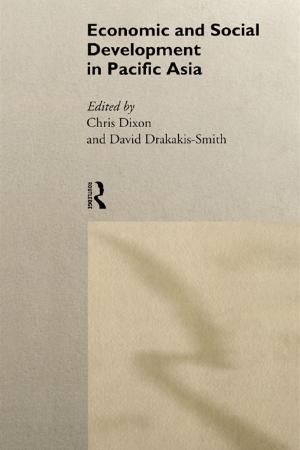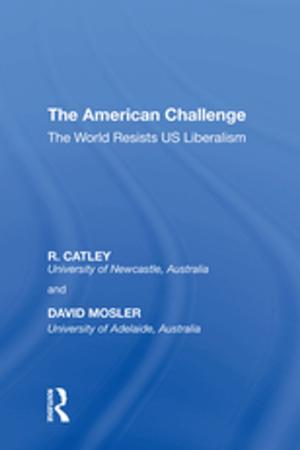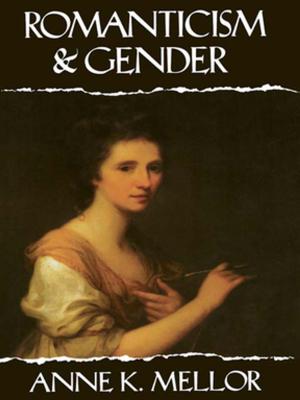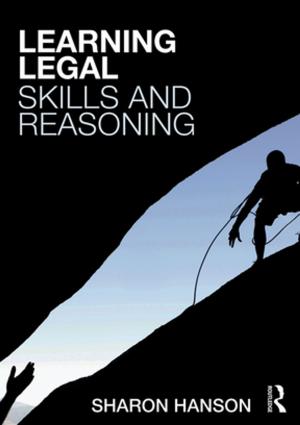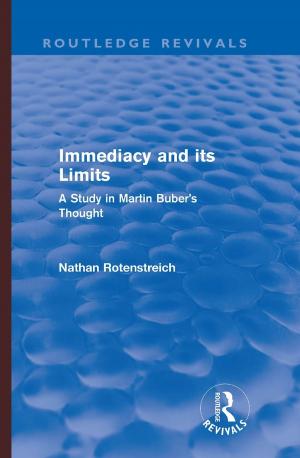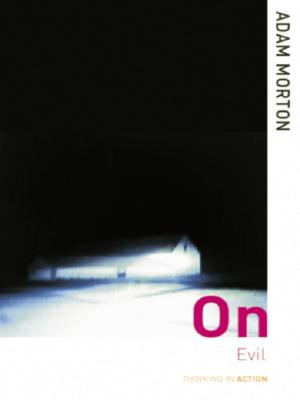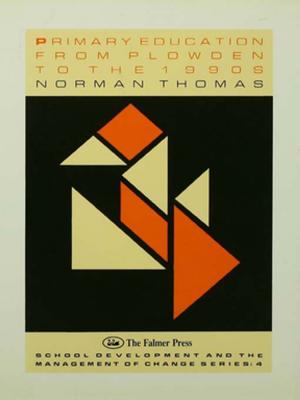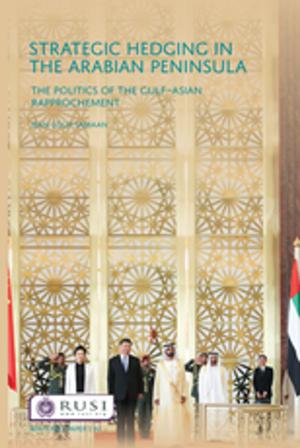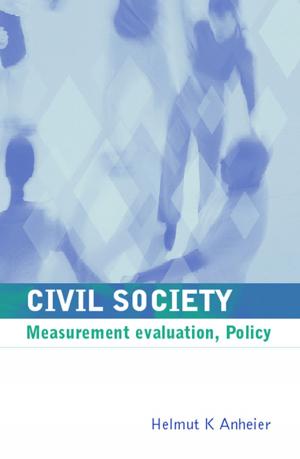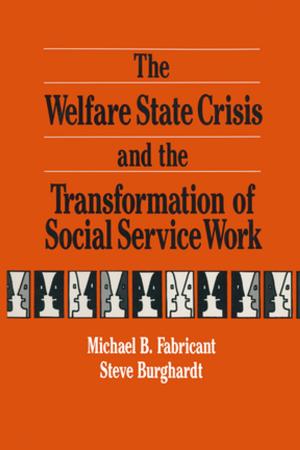Boundless Innocence in Thomas Traherne's Poetic Theology
'Were all Men Wise and Innocent...'
Nonfiction, Religion & Spirituality, Philosophy, Religious, Theology| Author: | Elizabeth S. Dodd | ISBN: | 9781317172925 |
| Publisher: | Taylor and Francis | Publication: | March 16, 2016 |
| Imprint: | Routledge | Language: | English |
| Author: | Elizabeth S. Dodd |
| ISBN: | 9781317172925 |
| Publisher: | Taylor and Francis |
| Publication: | March 16, 2016 |
| Imprint: | Routledge |
| Language: | English |
The seventeenth-century poet and divine Thomas Traherne finds innocence in every stage of existence. He finds it in the chaos at the origins of creation as well as in the blessed order of Eden. He finds it in the activities of grace and the hope of glory, but also in the trials of misery and even in the abyss of the Fall. Boundless Innocence in Thomas Traherne’s Poetic Theology traces innocence through Traherne’s works as it transgresses the boundaries of the estates of the soul. Using grammatical and literary categories it explores various aspects of his poetic theology of innocence, uncovering the boundless desire which is embodied in the yearning cry: ’Were all Men Wise and Innocent...’ Recovering and reinterpreting a key but increasingly neglected theme in Traherne’s poetic theology, this book addresses fundamental misconceptions of the meaning of innocence in his work. Through a contextual and theological approach, it indicates the unexplored richness, complexity and diversity of this theme in the history of literature and theology.
The seventeenth-century poet and divine Thomas Traherne finds innocence in every stage of existence. He finds it in the chaos at the origins of creation as well as in the blessed order of Eden. He finds it in the activities of grace and the hope of glory, but also in the trials of misery and even in the abyss of the Fall. Boundless Innocence in Thomas Traherne’s Poetic Theology traces innocence through Traherne’s works as it transgresses the boundaries of the estates of the soul. Using grammatical and literary categories it explores various aspects of his poetic theology of innocence, uncovering the boundless desire which is embodied in the yearning cry: ’Were all Men Wise and Innocent...’ Recovering and reinterpreting a key but increasingly neglected theme in Traherne’s poetic theology, this book addresses fundamental misconceptions of the meaning of innocence in his work. Through a contextual and theological approach, it indicates the unexplored richness, complexity and diversity of this theme in the history of literature and theology.
